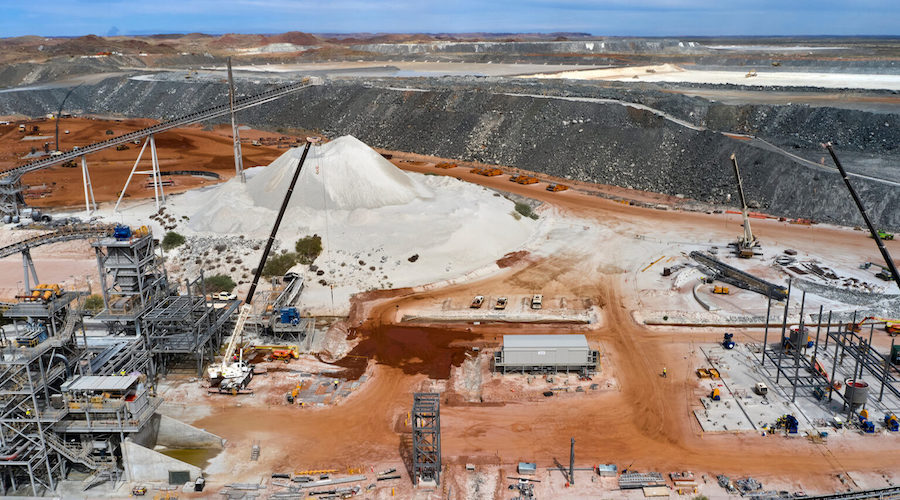Winning mining projects that face citizen opposition
Tension between mining companies and opponents can stall or even stop a project completely. Many call this “NIMBY” – which stands for “Not in My Backyard,” and NIMBY’s represent groups in communities who often debate nearby developments. Often, these particular groups dispute projects regardless of their nature and apparent benefits; the fact that a development might enter their community spurns NIMBY’s into action. This characteristic can be frustrating for mining companies and community members who support jobs and industry and see the many benefits a new mining project could bring.
Citizen opposition to mining is a serious threat to companies as it threatens to stall a project, cancel a project, or face defeat by the governing bodies voting on the proposal. As a result, it is imperative that companies know how to understand, successfully communicate, and reinforce project benefits to the community at large. Playing defense doesn’t work – waiting for a problem to arise, and then addressing it doesn’t help subdue opposition to a project. Being proactive with the right message will help lessen opposition from the day you announce your mining project.
Mining companies need to start running “political style” campaigns, just as the opponents often do with great success. A real grassroots/public affairs campaign involves identifying supporters, opponents and undecided households in a jurisdiction, and reaching out to the supporters to assist with letter writing, hearing attendance, and being third party spokespeople. Different messages can be tailored to undecided households as well, to sway them.
There are also a number of rules a company can follow in running an effective campaign. For example, educate first, then you can identify. Do not try to identify supporters of your project until after a fair amount of education. For one, you will have a lot more supporters if you disseminate facts for the project first, thus maximizing you’re spending. Once you have identified supporters they should be coded into a database. Whether it is through direct mail, social media, radio, phone calls or e-mail, having lists of supporters or undecided residents lying around on paper does not do your campaign any good. Also by getting your supporters into a database, you can then separate them by town, county and legislative district for effective grassroots lobbying.
Holding open houses and meetings with stakeholders and supporters on a regular basis is essential. It is rare that a supporter will write a letter on your behalf or attend and speak at a public hearing, if you do not meet with them first. Face to face contact is critical. Supporters need to know there are other supporters out there. Every mining project is different, so plans can be tailored to the area. Some projects are in remote areas with few residents, while others are closer to large population centers.
Once the opposition is understood and a campaign to build support ensues, a company can lessen opposition and build widespread public support. Communicating successfully to residents, whether they are for or against you, is essential, and it is advantageous for a company to start its ventures off right by anticipating public opposition. Experience shows that hiring a specialized firm will provide you with the necessary tools and tactics to lead you towards a victory for your project. Trained professionals from a grassroots firm will make sure that the correct message from your company is being distributed to the community and the silent majority is heard. The way you approach the situation will make all the difference to your project.
Based in Boston, Mass., Public Strategy Group, Inc. started in 1995. The firm has developed and managed multiple corporate public affairs campaigns in a variety of industries such as gaming, cable television, retail development, auto racing, power plant/wind farm projects, and housing/residential projects.
{{ commodity.name }}
{{ post.title }}
{{ post.date }}




Comments